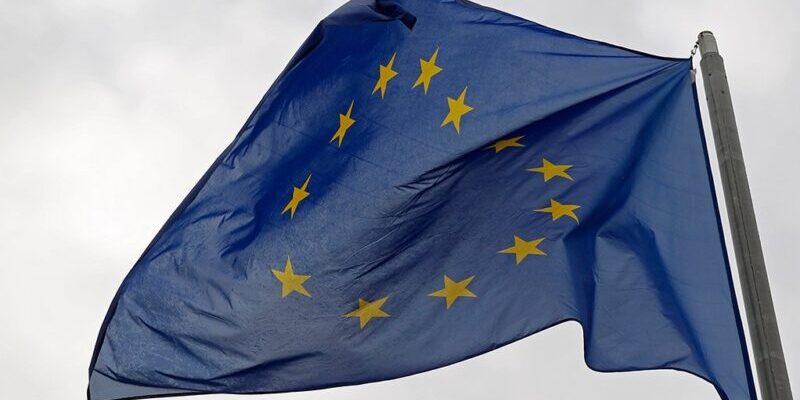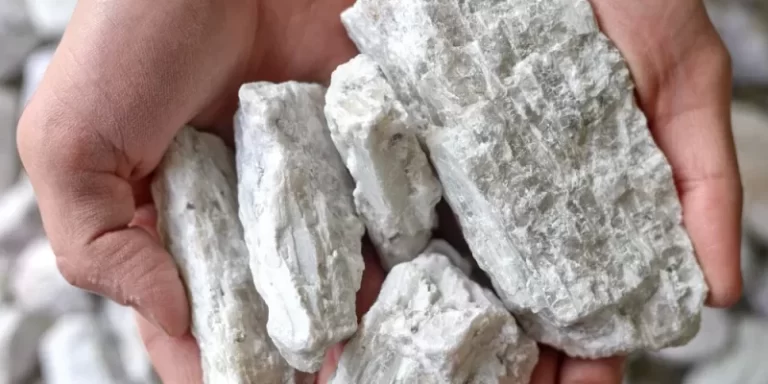
The European Union (EU) sets ambitious targets for securing crucial minerals vital for its green transition. However, obstacles like insufficient funding, soaring energy costs, and local opposition threaten these goals.
The Critical Raw Materials Act (CRMA), coming into effect in early 2024, aims to mine, recycle, and process key materials by 2030, essential for green technology production. Yet, meeting these targets might prove challenging due to constraints in funding and energy costs.
To reduce dependence on China, which dominates mineral processing, the EU must trim demand, explore substitutes, and establish partnerships with other nations.
Researchers anticipate limited recycling capacities until 2035-2040. The period up to 2030 poses significant challenges for metals like copper, lithium, nickel, cobalt, and rare earth elements.
While the CRMA accelerates project permit grants, other hurdles persist. Europe’s potential requires cheaper energy and increased EU financing, unlike the substantial green subsidies in the US.
Additionally, industry prioritization of US projects over EU ventures reflects a glaring gap in investment. EU’s higher energy costs have led to the suspension of metal smelters, impacting production.
Repurposing existing mining sites might offer solutions, but the urgency for new mines, especially for lithium, remains critical.
Identified projects could fulfill 40% of EU supply by 2030, but uncertainties loom over some ventures due to licensing delays and scandals.
Germany’s Nicola Beer, instrumental in the CRMA, expresses confidence in the targets but highlights the need for innovation to reduce material usage or find substitutes. For instance, she emphasizes the potential of wood-based alternatives for batteries.
Shifting to smaller batteries for electric vehicles could reduce demand for lithium and nickel. Europe aims to focus on high-value manufacturing and partnerships for securing minerals.
The CRMA emphasizes diversifying imports and securing alliances. The EU aims to engage in partnerships worldwide, offering infrastructure investments and mutual benefits to resource-rich countries.
As Europe navigates challenges in securing critical minerals, the goal remains to be a leader in clean tech, emphasizing innovation, partnerships, and sustainable resource management.






